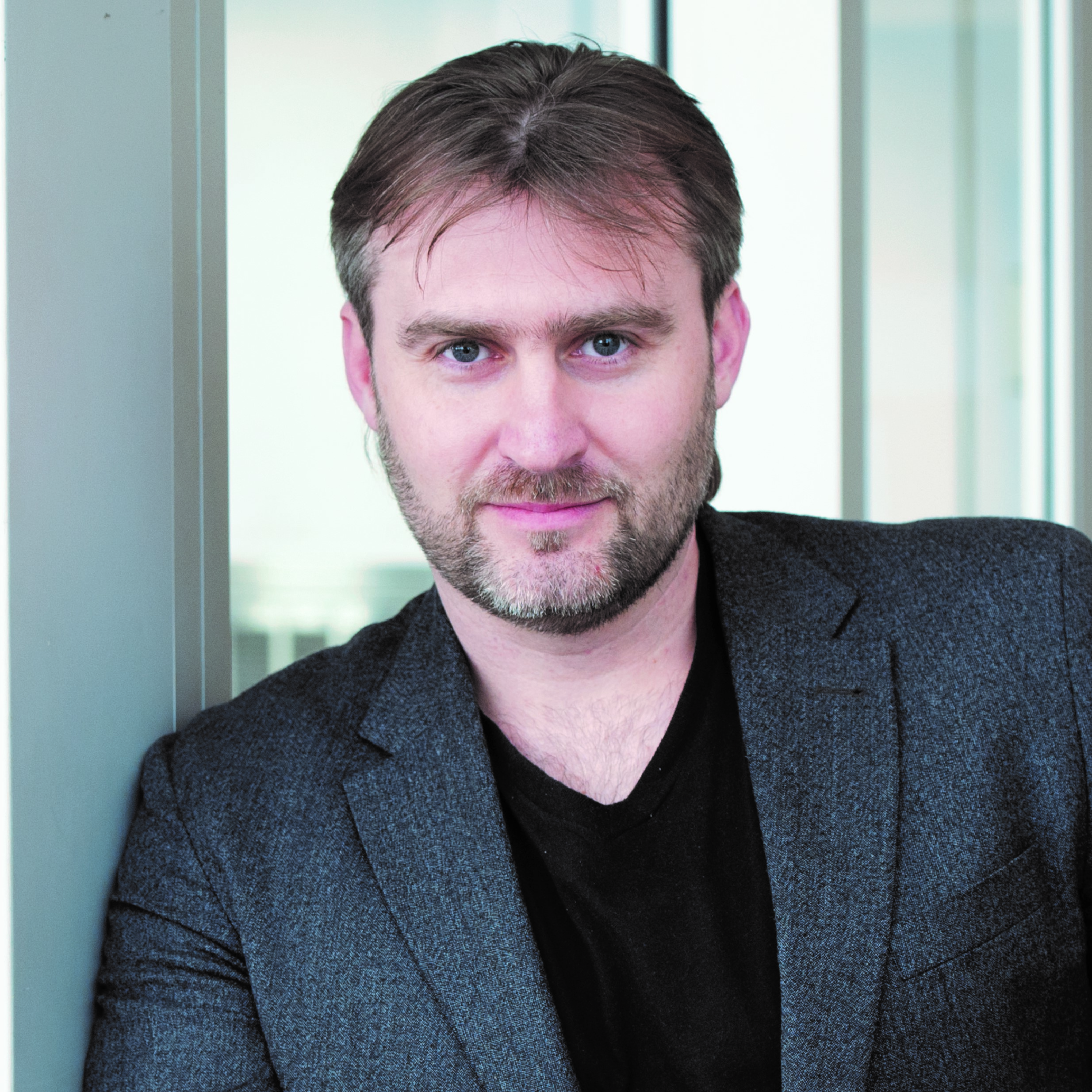Using Digital Technology for Positive Behaviour Change

More than a year into the pandemic, we still find it hard to remember to stay two metres apart and wear masks in public. Changing behaviours isn’t easy, and researchers and practitioners continue to look for new ways to help people sustain behavioural change.
Professor Pavel Andreev received a Natural Sciences and Engineering Research Council Discovery Grant to develop a comprehensive framework to design new habit formation decision support systems.
For Andreev, “behaviour change interventions targeting individuals are essential for human activities such as self-health management, maintaining social distancing and/or wearing a mask (as well as) climate-aware consumption and promotion of recycling and reuse.” However, “achieving sustainable behaviour change remains a challenge.”
Andreev’s project (Developing a new architectural framework for designing Digital Habit Formation Support Systems) is related to understanding and implementing digital transformation (DX) at different levels. For the researcher, “digital transformation isn’t about technology but about a radical and complete change in how individuals, teams and organizations use digital technologies to reshape and change the status quo with processes and outcomes, to create new possibilities and opportunities.”
Where current tech falls short
Technologies that support behaviour change have been around for decades, for example, those that promote healthy lifestyles like Wii Fit Plus, Noom or Fitbit. They’re meant to keep the user motivated to improve their health by increasing activity, tracking food and exercise, or social collaboration. Communications tools, web platforms and gamification environments all target behaviour change.
But despite their short-term success in engaging users, to date, these technologies have not succeeded in promoting long-term behaviour change.
One explanation is they don’t integrate habit formation principles into their design, such as cultural and behavioral traits or gender differences. Habits, learned behaviours that are repetitive and automatic, are a central component of sustained behaviour. They’re triggered by a stimulus (cue), leading to an action (behaviour change) that leads to a reward.
Designing with habit formation in mind
According to Andreev, “better understanding of how to create and integrate habit formation principles into the design of a decision support system is crucial for sustained behaviour change.”
His research will propose a framework for a habit formation support system that directly incorporates these principles.
Beyond benefiting digital health and digital transformation researchers and practitioners, as well as systems designers, this work will benefit all industries where effective implementation of new policies or practices are needed. Indeed, all of society will benefit from improved mobile or other technologies that can help achieve long-term behavioural change.

Professor Andreev's research is focused on modeling and exploring the performance of commercial and non-commercial organizations at the individual, team, and organizational level. Learn more about his work.